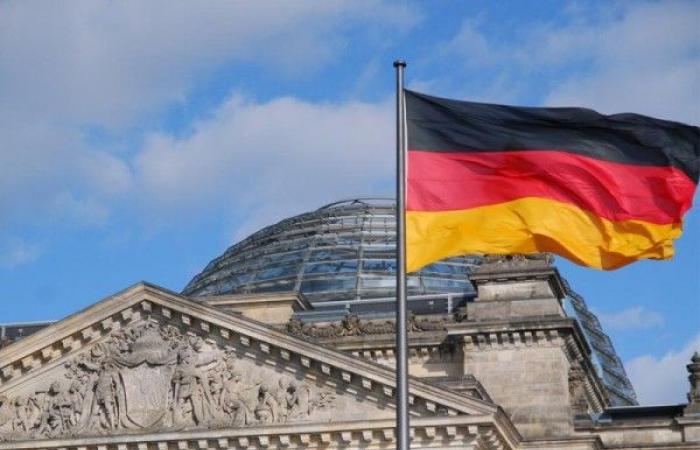The consumer price index reached 2.2% over a year, or 0.2 points less than in May, according to a provisional estimate published Monday by the statistics institute Destatis.
Inflation in Germany started to fall again in June after the surge in May, comforting the European Central Bank which began its rate-cutting cycle last month.
The consumer price index reached 2.2% over a year, or 0.2 points less than in May, according to a provisional estimate published Monday by the statistics institute Destatis.
Analysts surveyed by Factset were counting on a value of 2.4%, as in May.
The overall harmonised price index, which serves as a reference for the ECB, reached 2.5%, also down after 2.8% in May.
Closely monitored by the monetary institute, the inflation rate excluding food and energy was 2.9% in June, compared to 3.0% in April and May, thus continuing to evolve at a level well above inflation. global since January 2024.
In other words, the aggregate will still take time to reach the medium-term target of 2% targeted by the ECB.
“There will still be ups and downs, but overall the trend is going in the right direction,” commented Fritzi Köhler-Geib, economist at public bank KFW.
The Euro 2024 football tournament organised by Germany since mid-June and its procession of tourists “has not had an inflationary effect”, she adds.
Labor-intensive services, whose prices rose by 3.9% in June, as in May, are preventing inflation from falling faster towards its target.
For the prices of goods (+0.8%), food (+1.1%) and energy (-2.1%), the trend is however towards calm over one year, thanks in particular to the reduction of bottlenecks in supply chains.
In France too, the consumer price index fell in June, to 2.1% over a year, after 2.3% in May, INSEE indicated in a press release on Friday.
However, the ECB, chaired by Christine Lagarde, is expected to keep its key rates unchanged at its next meeting at the end of July.
It began to lower them at the beginning of June, for the first time in five years, without however committing to the continuation of the movement, awaiting a return of inflation to 2% in the euro zone not before the second part of 2025.
The latest German inflation figures “leave the door open for a further rate cut in September,” according to Carsten Brzeski, economist at ING.
But like recent collective sector agreements in Germany, “the evolution of salaries could still motivate certain managers [monétaires] to postpone the next rate cut until winter,” he concludes.






